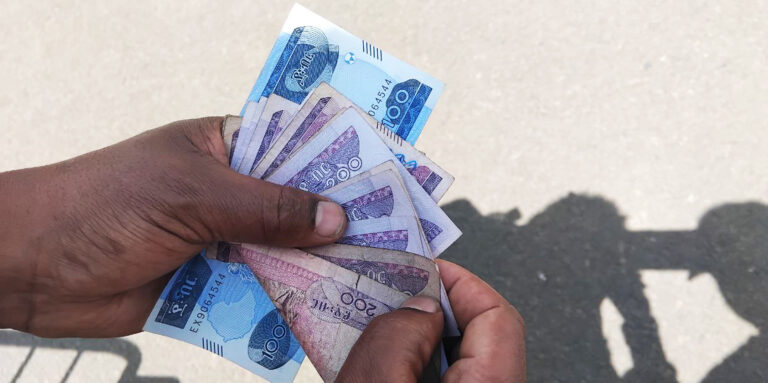Ethiopia, one of Africa’s fastest-growing economies, is facing structural barriers that threaten its long-term export ambitions, according to the newly released African Export Competitiveness Report 2024 (AEC). The study identifies the lack of “demand sophistication” in the domestic market as a central factor hindering the country’s ability to develop high-value, diversified exports.
Measured under the African Export Competitiveness Index (AECI), demand sophistication reflects the extent to which local consumers drive innovation by requiring more complex, higher-quality goods. Ethiopia scored just 12.06, placing it among the continent’s lowest performers—above only Mauritania (10.13) and Niger (9.70). Analysts warn these figures signal insufficient pressure on manufacturers to innovate for both domestic and global markets.
By contrast, countries such as South Africa (94.76) and Namibia (65.74) lead the index, driven by strong, high-income urban markets that demand advanced goods and services. Experts note that meeting such domestic demand equips local producers with the skills, technology, and production standards needed to compete internationally. In Ethiopia, however, the report finds “opposite trends” in urbanization and income concentration, limiting the emergence of such markets.
Development economist Kidane Tekeste (PhD) said the lack of a sophisticated domestic market structure undermines Ethiopia’s export competitiveness and could weaken economic security in the long term. “If the domestic market does not demand high-value products, firms have no strong incentive to innovate, and the export basket remains limited,” he noted.
The AEC 2024 report also highlights Africa’s underperformance in global trade, with the continent’s goods exports accounting for only 2.67% of the global total. Among the 40 countries assessed, only 17 scored above the average index score of 34.65. South Africa tops the continent at 70.79, followed by Morocco and Mauritius, while Ethiopia remains well below the median.
The study stresses that export challenges in Africa are not solely external. Structural and internal obstacles—such as poor transport and logistics networks, complex regulatory systems, and bureaucratic inefficiencies—raise the cost of doing business and reduce competitiveness. The report proposes a dual approach: accelerating regional integration through frameworks like the African Continental Free Trade Area (AfCFTA) and implementing gender-responsive policy reforms to widen participation.
Ethiopia is identified as a critical player in realizing the AfCFTA’s vision of a unified continental market. The report urges investments in infrastructure, improved governance, and stronger export promotion policies to unlock its potential. Gender inclusion is also emphasized, with data showing women make up 60–70% of Africa’s cross-border informal traders but contribute only 20% to total export value.
According to the AEC, bridging this participation gap is both a social equality goal and an economic imperative. Implementing protocols such as the AfCFTA’s Trafficking in Women and Youth provision could expand opportunities for women traders, strengthen value chains, and boost overall export capacity.
The findings present Ethiopia with a clear challenge: without cultivating a more sophisticated and innovative domestic market, the path to competitive, high-value exports will remain elusive—limiting the country’s role in Africa’s broader trade transformation.








